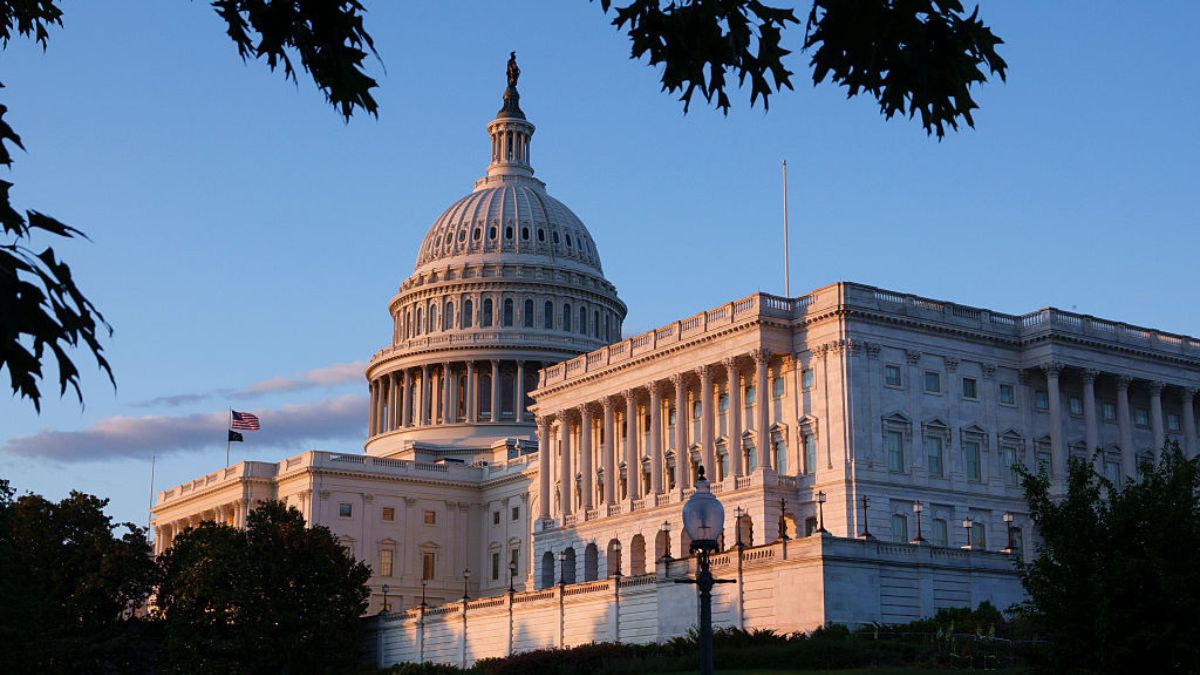
The Congressional Budget Office (CBO) has released a revised analysis of the House Republicans‘ domestic policy package, revealing more concerning implications than initially projected. The new analysis comes nearly two weeks after the bill narrowly passed the lower chamber before Memorial Day weekend.
According to MSNBC, the Republican-led legislation, known as the “One Big Beautiful Bill Act,” underwent multiple revisions during late-night sessions in response to private backroom negotiations. These continuous changes made it challenging for the CBO to provide accurate initial assessments of the bill’s impact.
The non-partisan budget office’s updated analysis shows the bill would add $2.4 trillion to the national debt over the next decade, an increase from the previous estimate of $2.3 trillion. Additionally, approximately 10.9 million Americans would lose their healthcare coverage due to Medicaid cuts and changes to the Affordable Care Act, surpassing earlier projections.
Republican lawmakers pushed forward without a CBO analysis despite the implications
In a move reminiscent of their 2017 approach to tax legislation, Republican officials proceeded with the vote without waiting for a comprehensive CBO analysis of their reconciliation package. This decision reflects a deliberate choice to advance the legislation without a full understanding of its financial and practical implications.
…and losses of each kind of coverage exceed increase in uninsured by a large margin – prelim CBO analysis showed 11.7 million losing Medicaid (10.3 m) or state-funded Medicaid equivalents for undocumented (1.4 mil). 2/
— xpostfactoid (@xpostfactoid) June 4, 2025
Congressional Democrats, however, requested the CBO to examine the House Republicans’ proposal in detail. The resulting analysis revealed no positive outcomes for GOP officials, particularly regarding the bill’s impact on healthcare coverage and national debt.
The legislation specifically targets resources for lower-income Americans, with the CBO highlighting significant reductions in support for the nation’s poorest populations. These cuts, combined with modifications to the Affordable Care Act, would result in substantial healthcare coverage losses.
The bill now faces consideration in the Republican-controlled Senate, where significant modifications are expected. The latest CBO findings may influence upcoming Senate deliberations, as lawmakers grapple with the broader implications of the proposed legislation for both national debt and healthcare accessibility.







